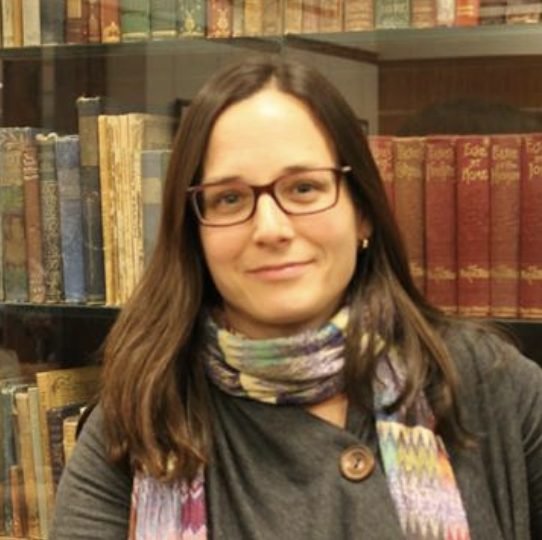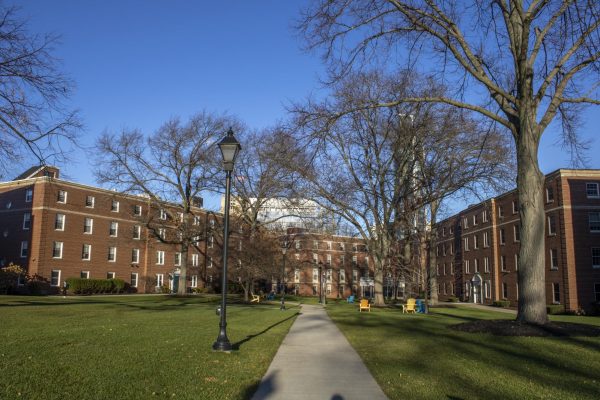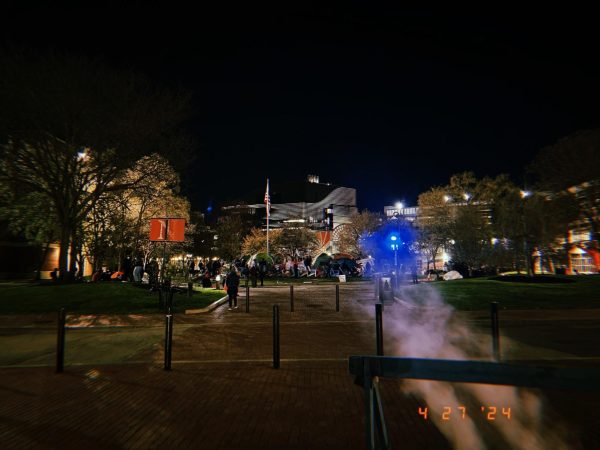College Board announces changes to AP African American Studies curriculum
The changes include “no more critical race theory, and the study of contemporary topics – like Black Lives Matter – is optional,” according to the New York Times.
February 23, 2023
Following Republican criticism, the College Board has significantly watered down their piloted AP African American Studies curriculum, scheduled to be introduced in schools nationwide starting in the Fall of 2024. The backlash is primarily from Governor Ron DeSantis of Florida. DeSantis has threatened to ban the course from being taught in Florida schools.
The changes include “no more critical race theory, and the study of contemporary topics – like Black Lives Matter – is optional,” according to the New York Times. This news also alarms Simmons students and faculty, several of which spoke out against DeSantis’ complaints regarding the curriculum.
Dr. Tatiana M. F. Cruz is the interdisciplinary program director of Africana Studies at Simmons and teaches several of the courses. Dr. Cruz said in a statement that she is not surprised by the news, saying “politicians shouldn’t be able to censor teachers and professors nor dictate what gets taught. Students deserve opportunities to examine the complexities of American racial history.”
At the fourth annual Ifill Forum held at Simmons on February 11, April Ryan, recipient of the Gwen Ifill Next Generation Award, called the issue of race her life’s work. “They’re talking about taking away AP African American History…what happens to Trayvon Martin…we have to own [the stories], digest it, and figure it out,” said Ryan during a discussion with moderator Rehema Ellis. Ryan added that although conversations surrounding race can be difficult, they need to happen for change to be made.
Kaycee Jackson is a senior double majoring in Political Science and Africana Studies and is also part of a group trying to create a major and minor in Critical Race, Culture, and Gender Studies (CRCGS).
In her Africana Studies courses, they have discussed the news surrounding the AP African American Studies Curriculum. Jackson also did her SURPASs project on laws in her home state of Mississippi barring Critical Race Theory education from schools and universities.
When asked why students should study Africana Studies, Jackson said it “gives you a different perspective on issues that affect the black community…the classroom style is extremely discussion-based. Not only do you read the text, but you come to class and your classmates offer different perspectives.”
Regarding the College Board’s decision, Dr. Cruz urged everyone to read “Open Letter In Defense of AP African American Studies,” by African American Studies Faculty in Higher Education.


















James k. Blanton • Feb 23, 2023 at 11:36 am
Can a person get a copy of the section that was taken out or was not put in . BlackLivesMatter and the rest? Thank You James k. Blanton 813-539-4873.